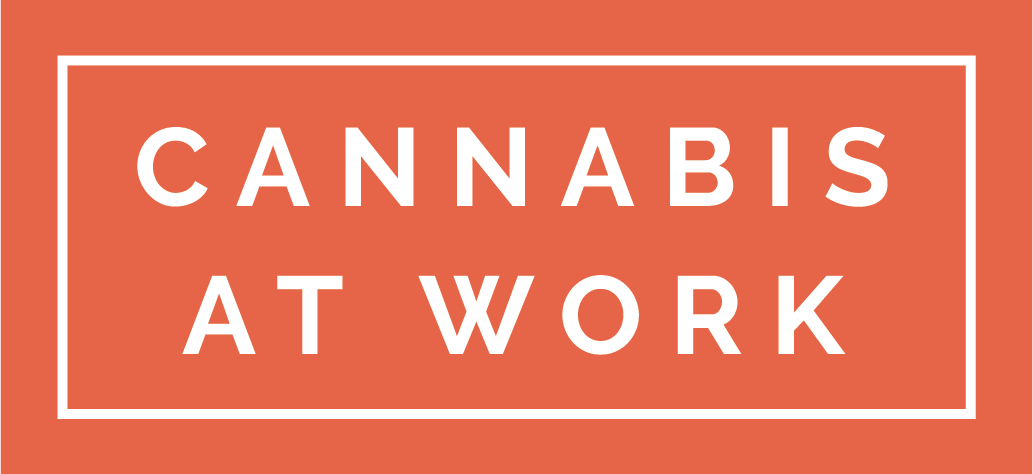You need to recruit the right people to help grow your business—finding the best of the best requires in-depth resume screening. If you don’t have a recruitment specialist to do the work for you, you’ll have to sort through candidates yourself.
When resume screening in the cannabis industry, you should focus on:
Work History
Transferable Skills
Education
Certification
Candidate “Fit”
Resume Quality
Work History
Work history reveals a lot about a candidate's reliability. Pay attention to how long the candidate stayed at previous jobs and look for periods of unemployment. Multiple jobs over short time periods with unexplained resume gaps often signify a lack of reliability.
If you use automated resume screening software, look beyond keywords: ensure your candidate has the required skills and knowledge, and isn’t just packing their resume with job-related jargon.
Candidates with a cannabis-related work history are great when you find them, but are relatively hard to come by. The cannabis industry is still young—many quality candidates will not have direct industry experience. Transferable skills are just as useful as (and sometimes even more useful than) direct experience.
Transferable Skills
Resume screening should be competency focused, meaning that candidates should display skills and behaviours that contribute to success in the workplace. This often means selecting candidates with relevant experience outside of the cannabis industry.
As mentioned in our Best Practices for Hiring in the Cannabis Industry, transferable skills from other sectors prove useful in cannabis related roles:
Experience in retail, customer service, or hospitality pose useful in sales-related positions such as budtending—supervisory experience in these environments is an asset for aspiring dispensary managers
Experience in pharmacology or clinical roles is well-suited for work in the medical market
Skills in the packaged goods industry overlap with the recreational market
Laboratory experience is relevant for candidates seeking work as an extraction technician or manager
Greenhouse work experience transfers into cannabis cultivation roles
Prior experience in regulated sectors such as gaming, liquor, and tobacco is also an asset. Confidence in checking I.D., identifying intoxication, and cutting off service allows for easier integration into the workplace.
The cannabis industry changes at a rapid rate—employees familiar with regulated environments skip the learning curves associated and adapt quicker to change.
Candidates applying for jobs in areas such as administration, accounting, marketing, IT, and legal should have relevant experience in their desired positions and do not require any cannabis-related experience.
A candidate well versed in cannabis products, strains, and legislation is always an asset, but passion and an eagerness to learn is equally valuable.
Education
Related education isn’t mandatory in roles like retail and management, but is vital in laboratory positions and administrative jobs like human resources, marketing, and accounting.
Always keep in mind what competencies are required to succeed in any given position. Education requirements should be relevant to the knowledge and skills the job demands.
Certification
Certification is required for managers, supervisors, retailers, security, and cashiers working in the cannabis industry. Certification differs regionally, but look for the completion of courses such as CannSell in Ontario or SellSafe in Alberta. New hires can obtain their training and certification before starting work, but prior completion helps employees get to work sooner.
Candidate “Fit”
Your candidate could have all the skills, education, and experience required to fill the role... but that doesn’t mean they will fit perfectly into your organization. The candidate’s identity, ideology, and goals should align with those of your organization.
When reviewing a resume, ask yourself the following questions:
Do the candidate’s career goals align with the opportunities associated with the job they applied for? (Example: if the candidate wants for long term work but applied for a temporary role, the gap in expectations might cause tension later on)
Does the candidate's attitude reflect that of my workplace? (Example: if your organizational identity is fun, upbeat, and fast-paced, your candidate should display aligning qualities)
Do the candidates passions align with those of my organization? (Example: if your organization focuses on recreational cannabis, a candidate who expresses a passion for the medical sector might not be the ideal fit)
Pay attention to the language used when discussing cannabis. Previous experience with cannabis, especially in a personal context, should be communicated professionally. Resume professionalism should not be sacrificed for personal passions or interests in cannabis. If the candidates interest in the product outweighs the interest in their work, they might not be the right fit.
Resume Quality
And of course, don’t forget to screen for proper spelling, grammar, punctuation, and appropriate formatting—the effort put into a resume reflects the candidates work ethic and attention to detail.
Screening Process
A grading system helps streamline the resume screening process:
Compile a list of key traits, work experiences, competencies, and education requirements for an ideal candidate
Categorize competencies into minimum or preferred
Build a resume screening scorecard
Remove noticeably poor resumes
Use the scorecard to grade remaining resumes
Create a shortlist of potential candidates (based off highest scores)
If the resume screening process sounds daunting, we can do the work for you. To learn more about how we find the best possible candidates for your team, click here.


